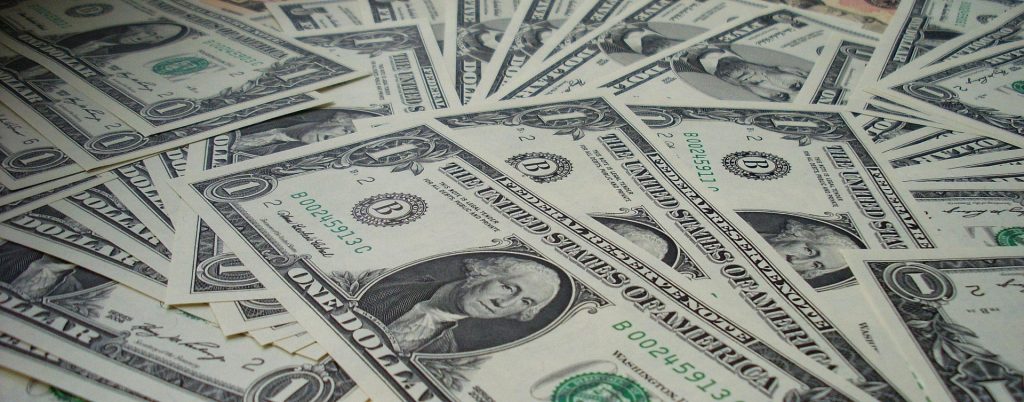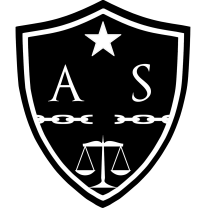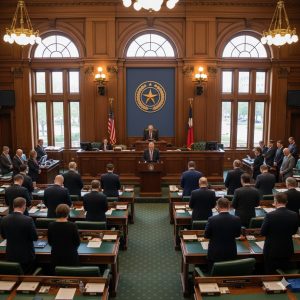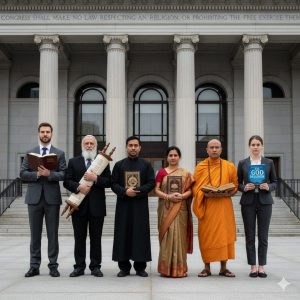
Modern American Christianity’s embrace of laissez-faire capitalism owes more to Ayn Rand’s ideological influence than to the teachings of Jesus Christ. While the Church once emphasized communal responsibility and justice, the fusion of Christian identity with free-market absolutism reflects a cultural and political rebranding—not a biblical one.
Jesus vs. Greed
The teachings of Jesus centered on self-sacrifice, care for the poor, warnings about wealth, and radical hospitality. He praised the meek, overturned the tables of the moneychangers, and declared that one cannot serve both God and mammon (Matthew 6:24).
But this ethic of economic humility and mutual care has been overshadowed in many American churches by an almost sanctified view of the free market—a transformation that cannot be traced to Scripture but to a different source entirely.
Enter Ayn Rand: A Prophet of Selfishness
Ayn Rand, a Russian-American novelist and philosopher, promoted Objectivism—a philosophical worldview built around rational self-interest, individualism, and an unabashed love for capitalism. Her magnum opus, the novel Atlas Shrugged, envisioned a world where the elite producers—the “makers”—withdraw from a parasitic society of takers. Her heroes were titans of industry, not servants or saints.
Rand explicitly rejected religion, calling faith irrational and altruism a form of moral weakness. To her, Jesus giving His life to save humanity was an absurdity. Ther was no way a God could be that “weak”. And yet, many American conservatives—including Evangelical Christians—found her celebration of economic freedom and anti-government rhetoric deeply attractive, and a path to politlcal power.
Political leaders like Paul Ryan praised her. Milton Friedman and Alan Greenspan (a former disciple of Rand) shaped economic policy with similar ideals. In time, Randian capitalism and Christian identity politics began to merge—despite their philosophical contradictions. Interestingly enough, this merger began to attract Dominionists who critiqued secular statism.
The Cold War Cemented the Fusion
During the Cold War, Christianity in America rebranded itself as the cultural guardian against godless communism. This historical moment gave capitalism a moral halo; it stamped an identity: To be Christian was to be anti-socialist, anti-statist, and pro-business. Laissez-faire capitalism wasn’t just a policy preference—it was cast as spiritually ordained.
Organizations like The Moral Majority and Heritage Foundation helped institutionalize this fusion. Churches that once worried about wealth as spiritual danger now viewed it as a sign of divine favor. Even more concerning, it began growing a Nationalist element, not only defining who was to be Christian, but also who was to be American, dangerously fusing Church and State, threatening the very foundations of Religious Freedom.
From Christ-Centered to Market-Centered
This shift resulted in a dramatic reframing of Christian values:
| Biblical Christian Ethic | Modern Laissez-Faire Ethic |
|---|---|
| Blessed are the poor | Wealth is a reward for virtue |
| Care for the stranger | Close the border, protect the economy |
| Sell possessions, give to the poor | Prosperity is a sign of God’s blessing |
| The love of money is the root of evil | Capitalism is morally superior |
| Be generous and share | Everyone should pull themselves up by their bootstraps |
Today, many churches preach a version of prosperity theology, or champion rugged individualism as if it were in the Sermon on the Mount. But this isn’t Jesus—it’s Ayn Rand crowned with a halo. Power and money have become modern gods.
The Cost of Confusing Capitalism with Christianity
This ideological marriage has had consequences:
- Economic inequality has widened.
- Policies that harm the poor are justified as “freedom.”
- Public health, education, and housing are treated as commodities, not moral concerns.
- Christians are divided between those who seek justice and compassion and those who fear any collective solution as Marxist intrusion.
The result? Laissez-faire Capitalism becomes baptized, and compassion becomes suspect.
But Capitalism ≠ The Kingdom
Let me be clear: This is not a call for full socialism, nor an entire rejection of economic liberty and a free market. Rather, it is a call for clarity: No political or economic system is automatically Christian. In fact, we are told to reject the confusion of worldliness. Jesus did not come to ratify the free market—or any human system. He called His followers to a kingdom not of this world (John 18:36), one based on justice, mercy, and humility.
The Church should be prophetic, not partisan; transformative, not tribal.
Reclaiming a Better Christian Witness
Christians today must wrestle with serious questions:
- Do our economic convictions align with Christ’s call to love our neighbor?
- Are we willing to critique capitalism when it dehumanizes, just as we critique socialism when it overreaches?
- Can we untangle our theology from ideology, and rediscover a faith that doesn’t require baptizing Ayn Rand?
The time has come to disentangle the cross from the dollar sign. We can affirm the dignity of work, the importance of ownership, and the value of freedom—without surrendering the gospel to market dogma. In fact, we must, if we are to be an effective witness to the world.


